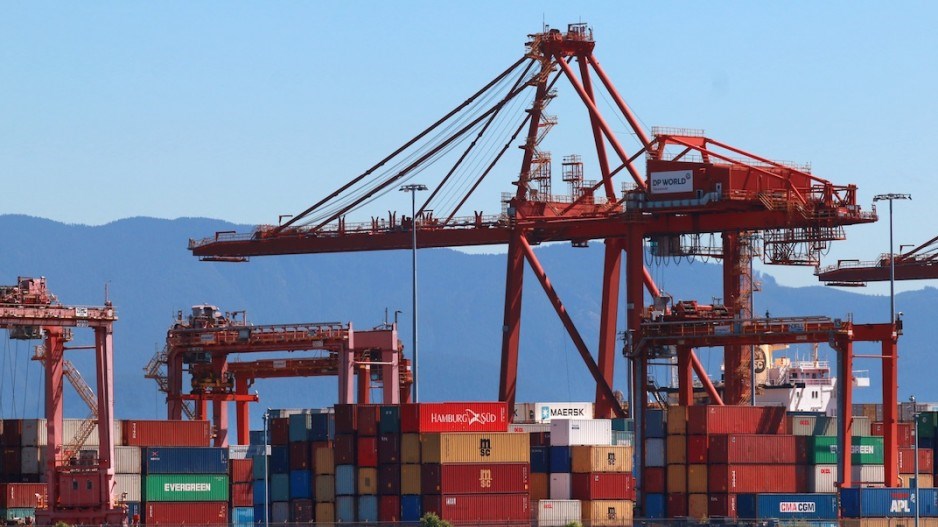What happened: Mid-year statistics on Port of Vancouver activity show the port set new records for cargo volume and container traffic in the first half of 2019.
Why it matters: The top-line data shows the port has to date weathered global trade volatility, but activity growth at the country’s largest port highlights the need for greater trade capacity on Canada’s west coast.
Canada’s largest port has so far weathered volatility in Canada-U.S. and Canada-China trade relationships.
“It’s a story of swings and roundabouts. At the top line, we’re not really seeing any material impacts. We’re continuing to see those record growth numbers,” explained Robin Silvester, president and CEO of the Vancouver Fraser Port Authority.
“At the highest level, as you see from the numbers, we’re sort of immune to it I guess by virtue of the diversity that we have.”
Cargo passing through the Port of Vancouver in the first half of 2019 increased 0.5% year-over-year, according to new mid-year statistics published this week by the port authority.
At 72.5 million metric tonnes, it’s a new record for the port. Container quantities also set a record, up 3.5% to 1.7 million ten-foot equivalent units (TEUs).
While activity at the port continues to grow, certain product categories – and the companies behind them – are registering the impact of global trade politics.
Shipments of canola, for example, are down 12.6% year-over-year, mainly due to a 49.1% decrease in exports to China. However, increases in other agricultural products – wheat (up 22.4%) and specialty crops (up 34.2%) – more than offset that decline.
Silvester noted that the increase in wheat exports includes an increase in exports to China, which has imposed non-tariff barriers on other Canadian products. Additionally, other agricultural goods – such as beef – are finding opportunities in Asia under the Comprehensive and Progressive Agreement for Trans-Pacific Partnership (CPTPP).
Growth in trade relationships are responsible for the port’s overall growth, which Silvester expects to see continue, barring any major political or economic disruption to global trade.
“Certainly, it’s a volatile time,” he said. “Fundamentally, Western Canada is in a good position.”




